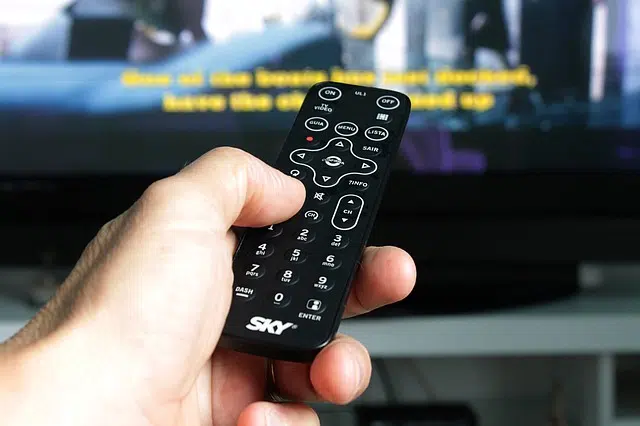
A remote place can be described as remote.
Remote is an adjective that can be used with two different meanings. On the one hand, the term allows us to refer to that which is at a certain distance, removed or removed . On the other hand, remote is something that is implausible or very unlikely to happen . In both cases, the etymological origin is found in the Latin word remotus .
For example: “Uncle Adrián traveled to a remote town to help an indigenous community,” “We received an order for merchandise from a remote country in the center of Africa,” “Hiring the Brazilian star is a remote possibility.” for its high economic pretensions.”
The remote control
From the adjective remote, it is possible to build various concepts. A remote control , also known as a remote control , is a device that usually runs on batteries and allows you to control a machine or system from a certain distance. Remote controls use infrared signals to send information to the main device, which responds according to the orders that the user dictates through actions such as pressing buttons or moving the controller in different directions.
A television , a DVD player and a stereo are some of the appliances that include the possibility of using a remote control. On the other hand, in 2006, Nintendo launched a revolutionary home console that uses a remote control, similar in appearance to a television, to control its games: the Wii. In fact, to make clear his intention for both devices to be related, he baptized it "Wiimote", which is the fusion of the name of the console and the word "remote", which comes from the English term to represent the remote control, "remote control".

A remote control allows you to control a television or other device from a distance.
The Wii console controller
The Nintendo Wii remote control brought with it a series of new possibilities that forever changed the way we understand video games, especially thanks to the technologies it uses for motion detection, among which stand out: a gyroscope (mechanical device used to the measurement and orientation in the space of a device) and an accelerometer (instrument that allows determining the acceleration of the main device).
On the other hand, the infrared reader present at the upper end of the Wiimote allows it to perceive the two beams of light emitted by the so-called "sensor" of the console , to carry out calculations such as the distance between it and the controller, its rotation in the axis perpendicular to the television and the direction of lateral movements (to the right or left). All this allowed the Japanese giant to offer new and entertaining experiences to its followers, among which the best-selling " Mario Kart Wii ", which uses the remote control as a steering wheel, and the innovative " The Legend of Zelda: Skyward Sword" stand out. «, which detects with admirable precision the player's movements to control weapons such as a sword, a boomerang and a bow.
Remote access
In computing , we speak of remote access to refer to the action of controlling a computer or other device through another, which may be located in a different geographic location. This means that a person can use a computer in Buenos Aires , for example, and access another one in Hong Kong through a program and an Internet connection. When you connect to the remote device, you will see your workspace (which can be your desktop) on the screen and can interact with your programs and documents, just as if you were there.
One of the main applications of remote access is technical support , as it allows specialists to carry out maintenance on a large number of devices without leaving their workplace, and benefits users by offering them the possibility of receiving immediate help in an emergency.
